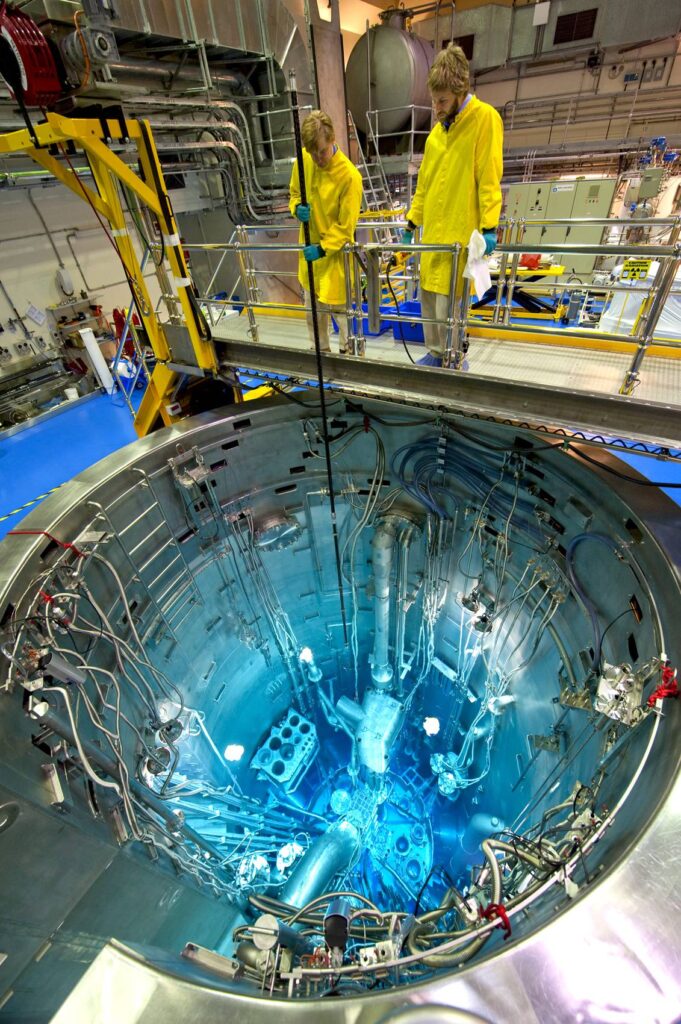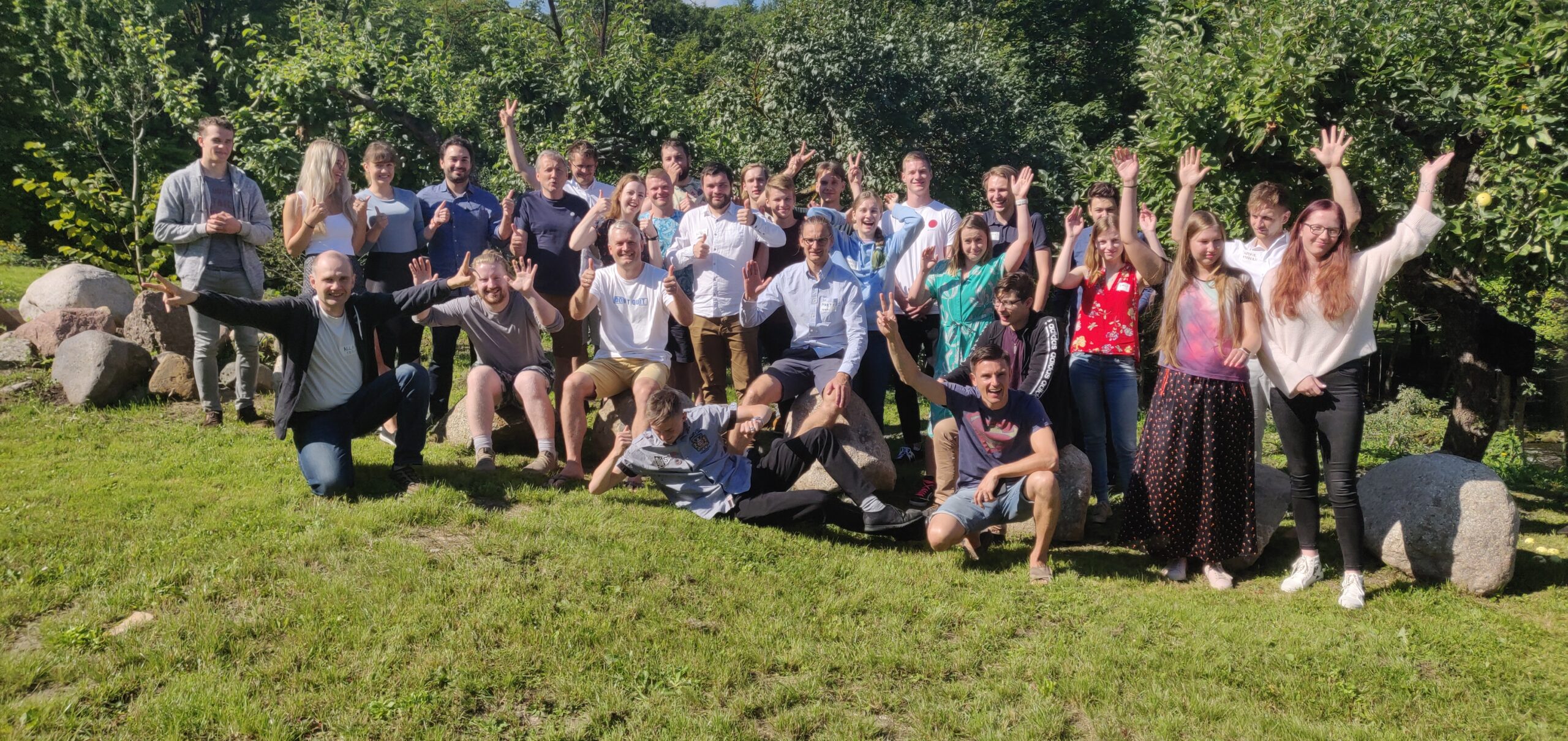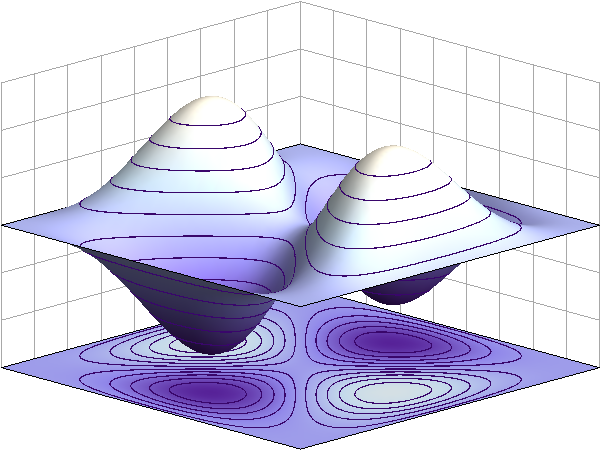FERMION* NUCLEAR SUMMER SCHOOL
 The 2025 Fermion Summer School will take place on 6-8 March. August in Kohtla-Järve, Taltech in Virumaa College!
The 2025 Fermion Summer School will take place on 6-8 March. August in Kohtla-Järve, Taltech in Virumaa College!
Applications are now closed for this year. New summer school already in 2026!
Nuclear energy is clean, economical and powerful, but it comes with risks. As the world moves away from fossil fuels, it has no choice but to learn about these risks to ensure that electricity can be generated when the wind doesn't blow and the sun doesn't shine.
The Fermion Summer School aims to give participants a basic understanding of nuclear energy and show what the future of this scientific and economic sector will look like in the next 2-20 years. With this knowledge, myths can be successfully busted and a better understanding of one of the most complex and controversial topics in Estonia and the world can be gained.
Fermion's summer school is primarily aimed at undergraduate students, but we will also consider slightly younger and older nuclear enthusiasts if possible - just fill in the application form with details of your interest.
The subject or field of interest you have already chosen at university does not necessarily have to be related to nuclear energy, but an interest in energy, climate change or physics is certainly an advantage. Nuclear energy is linked to many disciplines - geology, environmental protection, economics, psychology, communication, international relations, security, etc. - but it is not always a good idea to have an interest in science or technology. With this in mind, we have also designed a collection of presentations, games and practical exercises so that everyone can get involved, regardless of whether nuclear energy seems scary or exciting. A summer school participant will gain a knowledge of nuclear energy that no physics textbook or online course can offer.
WHAT UURIME?
Fermi Energia, which is planning to build a small modular reactor in Estonia, is inviting nuclear energy enthusiasts and experts to come together to explore the opportunities and risks of nuclear energy, show how a nuclear reactor works and share real-life experiences of working in a modern nuclear power plant.
We will certainly also talk a lot about new technologies and of course the VMR power plant planned for Estonia!
Presentations and discussions are usually in Estonian, and in English for external speakers.

AT THE SUMMER SCHOOL:
⚡️ On new energy
⚡️ Nuclear history
⚡️ About nuclear reactors, how they work and what the differences are.
⚡️ On nuclear fuel production, use and what happens next
⚡️ Radiation
⚡️ On safety culture and surveillance
⚡️ Nuclear reactor simulators test site
⚡️ On electricity and hydrogen
⚡️ Accidents and how to prevent them
⚡️ People in and around the plant
⚡️ On small modular reactors and why they are the future
WHO WILL ORGANISE?

The first Summer and Autumn Schools, which started in 2020, were organised by Estonia's own nuclear physicists, energy experts and other scientists closely involved in the field of nuclear energy, many of them associated with Fermi Energy, which is planning a state-of-the-art new generation small modular reactor in Estonia. Our Summer School speakers are world and, of course, Estonian leaders in their fields, and the event is also helped by young people who have participated in previous years' events, many of whom joined NGO Estonian Wind Youth below.
* FERMION

Enrico Fermi, the creator of the first nuclear reactor, is named after a large number of physics discoveries, phenomena, prizes, companies, laboratories, etc. Fermi's name is also given to the elementary particles that make up the universe. Fermions are particles that obey the Fermi-Dirac statistics. Fermions are subject to the Pauli exclusion principle. The latter arises from the fact that their state vector is asymmetric - it changes sign when two particles are swapped, so two identical particles cannot be in the same quantum state at the same time. Wikipedia
